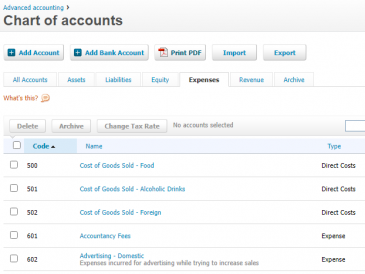Payroll in Japan can get quite complicated with basic wages, overtime and bonuses less deductions for income tax, residents tax, health insurance, over 40 health insurance, pension and labour insurance, not forgetting the employer’s contribution to employees’ health insurance, pension and labour insurance. Then of course you not only do you have to pay employees their net wages, you also have to pay the income tax withheld to the tax office, the residents tax to the local tax office, the health insurance and pension to the health insurance and pension office and labour insurance to the labour office all by the due dates having filled out the correct forms. Finally, at the end of the year you must prepare the end of year tax adjustment and withholding tax certificate. So why would you want to make it harder?
Many employers in Japan outsource the whole payroll function to an external accountant and there are even licenced social insurance consultants (sharoushi) who specialise in this work and are well worth considering if you don’t have the time or inclination. Certainly when it comes to preparing the annual tax return, nearly all businesses hire a tax accountant to get the job done but surely a business should be able to calculate its employees wages without also having to hire outside help if it so wishes. So here are my tips to help you manage your own payroll:
1. Keep it simple. Do not load other factors into payroll if you can possibly help it, such as deductions for rent, company purchases, loan repayments. If you do, you should have a very clear system for doing so and understand how to account for it.
2. Prepare written contracts for all staff before employment commences so that both parties know what to expect.
3. Use a payroll system, not Excel. Xero has a simple payroll module which can be used in Japan. It comes free as an integrated part of Xero which makes it attractive. If you don’t have too many employees, it can do the job. Of course, it does not have tax and health insurance tables built in so you have to look those up in the printed tables and the payslips are in English. It does get a bit tricky when it comes to the end of year tax adjustment because you cannot enter a tax refund in wages but this can be worked around. If you have a Japanese bookkeeper, an alternative would be to use Freeway which is a dedicated Japanese payroll system.
4. Excel is far too prone to error to be used for wages, cannot be locked down month by month and can be easily changed at any later date. It’s also very easy to end up with various versions of the spreadsheet so you don’t know which is the correct version.
5. Pay all employees on the same pay day in the same pay run. I have seen employers have one fortnightly pay run and one monthly pay run, or one pay run for directors and one pay run for other staff. I would try to avoid this if at all possible.
6. Do not pay wages in advance as this invites confusion and can be easily forgotten about. If you absolutely have to lend money to your staff, at least enter the advance as a loan to the employee in your accounting system so that it’s not forgotten about.
7. Pay wages by bank transfer rather than in cash. Employees have the right to be paid in cash if they ask for it but it takes such a long time to withdraw cash from the bank, make sure you have the correct coins to pay everyone to the exact yen, count it out, prepare envelopes and then deliver the envelope to each employee all in a secure fashion. If employees work irregular hours or at different places, just paying the wages can be very time consuming. Paying by bank transfer avoids all of that and provides a written record.
8. Keep a record of holiday entitlement. Xero will not do this for you and I don’t recommend Excel for the same reasons as above so I would recommend pen and paper so you have just one permanent record. You need columns for Date, Description, Holidays taken, Holidays accrued and Balance in days or fractions of days.
If you need any help, please get in touch with J Amos Consultancy as we have bilingual staff who are experienced in payroll. And if we can’t help, we can put you in touch with specialists who can.




